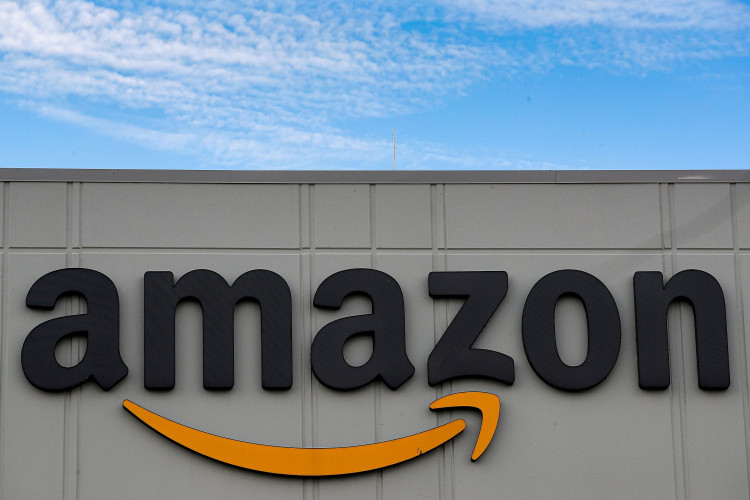In a closely watched and historic ballot, workers at Amazon's Coventry warehouse narrowly rejected union recognition, marking a significant moment in labor relations for the e-commerce giant in the UK. The vote, which could have forced Amazon to recognize a union for the first time in the country, was decided by a slim margin, with 50.5% voting against and 49.5% in favor, a difference of just 29 votes.
The Trades Union Congress (TUC) and the General, Municipal, Boilermakers and Allied Trade Union (GMB) vowed to continue their efforts despite the setback. Paul Nowak, TUC general secretary, stated, "Amazon has thrown everything at trying to stop workers from having an independent voice at work. This is not the end. Our movement will regroup and will continue to shine a light on bad employers."
Union officials accused Amazon of using intimidatory tactics and creating a culture of fear among the 3,000-strong workforce at the West Midlands hub. Stuart Richards, a senior GMB organizer, said the union would consider a legal challenge against Amazon's practices. "From day one Amazon has been relentless in their attacks on their own workforce. We've seen workers pressured into attending six hours of anti-union seminars on top of the fortune spent by Amazon bosses to scare workers," Richards added.
The vote followed a campaign by GMB, which had been granted the right to hold the legally binding ballot by the independent Central Arbitration Committee (CAC) after Amazon rejected a request for voluntary recognition. The ballot process was overseen by independent advisers appointed by the CAC.
Had the vote been in favor, GMB would have been granted the right to negotiate on behalf of the workers regarding pay and conditions, marking a significant precedent as the first instance of Amazon recognizing a union in the UK. This outcome would have also been a landmark outside the US for the company.
Richards indicated that Amazon's anti-union stance included threats of no pay rise and loss of benefits if workers voted for union recognition. "This kind of union-busting has no place in 21st-century Britain; it's clear Amazon cannot be trusted to play by the rules that all other companies in the UK are expected to follow," he said.
Callum Cant, a senior lecturer at the University of Essex, noted the ongoing issues despite the vote's outcome. "Amazon's anti-union stance has succeeded in this case, but the underlying antagonisms around work intensity and wages that sparked this dispute are still very much in evidence," he said.
Amazon responded to the vote, expressing gratitude to the participants and reaffirming its commitment to direct engagement with employees. "We place enormous value on engaging directly with our employees and having daily conversations with them. It's an essential part of our work culture," Amazon stated. The company emphasized its efforts in providing competitive pay, benefits, and career development opportunities.
The defeat means that a union cannot reapply for recognition for the same group of workers for three years. However, the Labour government has proposed changes to make winning recognition easier, potentially impacting future efforts.
The GMB's campaign for recognition has been described as a "David vs Goliath" battle, facing fierce resistance from Amazon. The struggle began in the summer of 2022 when a group of workers spontaneously walked out over a pay rise offer deemed insufficient. The union subsequently organized the first-ever Amazon strike in the UK in January 2023 and continued with 37 days of industrial action.
Despite the setback, the GMB remains determined. "The fire lit by workers in Coventry and across the UK is still burning," the union declared. They also plan to continue their legal challenge against Amazon, claiming the company used underhand tactics to discourage union membership.
The Labour government has promised legislation to make it easier for unions to win recognition ballots, including lowering the required threshold for victory. This legislation could provide a significant boost to union efforts in the future.
Paul Nowak of the TUC commented on the broader implications, "With Labour set to usher in a new era of stronger workers' rights, companies like Amazon are on the wrong side of history." However, challenges remain, as noted by Gregor Gall, a professor of industrial relations at Glasgow University, who questioned whether the GMB has the resources to extend its organizing efforts to other Amazon centers.





